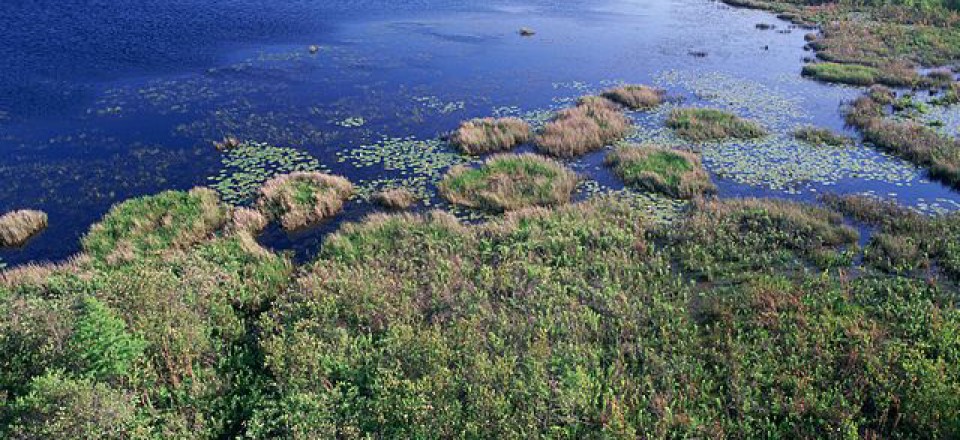✴︎ Available only with purchase from publisher
“Collaborative environmental governance strategies seek to improve management efforts by involving nongovernmental stakeholders and spanning sectoral and geographic boundaries, but it is unclear whether government funding for such efforts efforts pays off in terms of improved environmental outcomes. This paper explores a common case of collaborative governance — collaborative watershed councils (WCs) — and examines whether the actions of collaborative WCs improve water quality. Coupling longitudinal data concerning 1984 grants given to local WCs in the state of Oregon with water quality monitoring data sampled at 161 sites, this analysis tests whether there is a prima facie case that the actions of local collaborative institutions improve environmental outcomes. Along with presenting some of the first evidence about the impacts of collaborative governance that is based on an objective outcome metric, this paper also contrasts different council actions and considers how institutional capacity impacts council efforts. WC actions are shown to be associated with improved water quality, but the magnitude of improvement is dependent on council attributes and the type of project for which funds are allocated. This paper also makes a methodological contribution by demonstrating the use of hierarchical Bayesian modeling to account for spatial and temporal dependencies present in observational data.”







